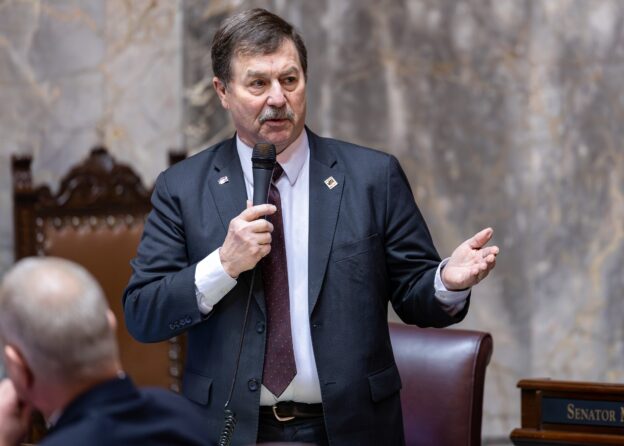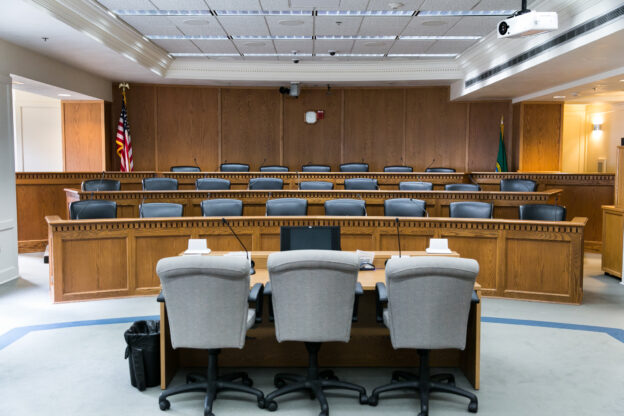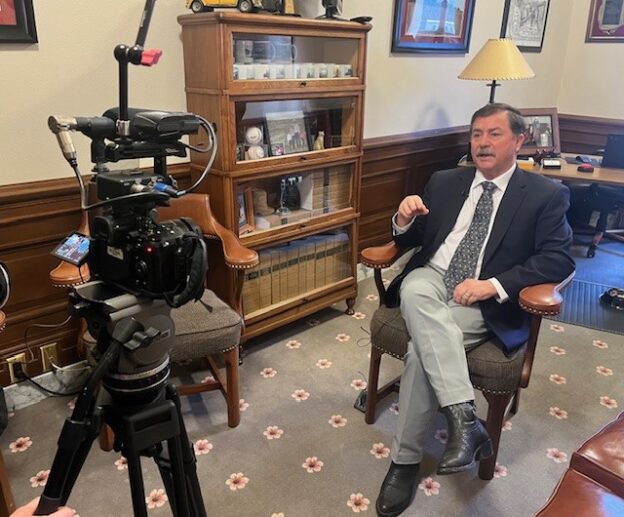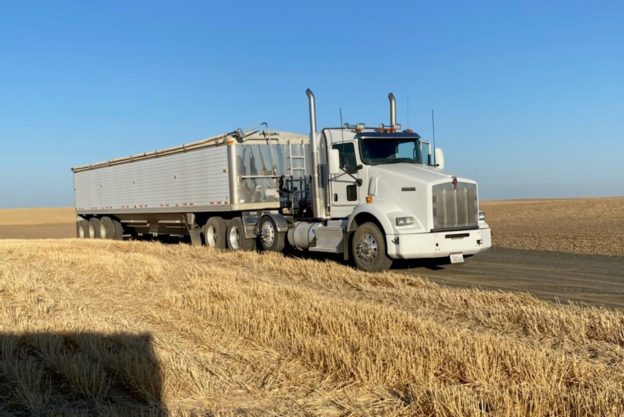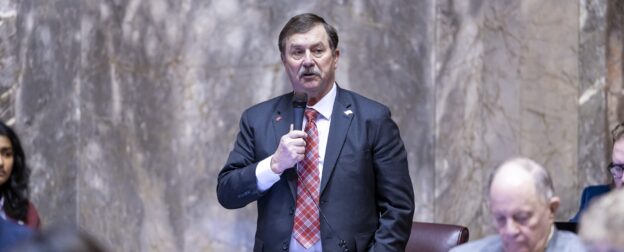State Sen. Mark Schoesler and other Senate Republicans voted against three tax increases that were supported Saturday by majority Senate Democrats as the 2025 legislative session approaches its scheduled end.
“Unfortunately, this is shaping up as the year of taxes in Washington,” said Schoesler, R-Ritzville. “These three proposals, combined with another wave of tax measures that is still on the Democrats’ schedule for the days left in our session, will make up the largest package of tax increases in our state’s history. This comes at a time when so many hard-working Washingtonians are struggling with inflation and higher prices in so many areas. These tax hikes will hurt people, not help them.”
Schoesler, who serves the 9th Legislative District, said Democratic majorities in the Senate and House should focus on reining in spending instead of increasing taxes.
“Washington does not have a revenue problem. It has a spending problem because Democrats over the years have insisted on taking more and more money from taxpayers instead of restraining themselves with the state budget,” said Schoesler, a longtime member of the budget-writing Senate Ways and Means Committee. “The budget-shortfall problem facing the state was caused by overspending. It only makes sense that Democrats should fix the problem that they caused by reducing spending, not raising taxes.”
Schoesler said Senate Republicans’ “$ave Washington” budget proposal would fund essential services without the need to raise taxes or create new taxes.
“We have a budget plan that can allow the Legislature to avoid raising taxes and hurting families, our economy and jobs. It’s up to the Democrats to utilize it or stubbornly ignore it,” said Schoesler.
Senate Bill 5814 would impose a sales-tax increase on certain services, including computing and IT services, temporary staffing and security services. It also would tax synthetic nicotine products, such as Zyn, as tobacco products. The proposal is expected to collect about $2.1 billion a year in new sales-tax revenue. The Senate passed SB 5814 on a 27-22 vote, with three Democrats joining the 19 Republicans in voting “no.”
“This regressive sales-tax hike will cause people at every income level to pay more,” said Schoesler.
Senate Bill 5794 would impose a business-and-occupation tax on self-storage rentals and increase taxes on many other unrelated business activities. It was approved by the Senate 26-22.
“Imposing a B&O tax on self-storage rentals means that those renting these spaces will have to pay the higher costs because the storage-rental owners will just pass along the tax to their customers. This proposal will especially affect lower-income people who need to rent these storage spaces,” said Schoesler. “Each of the tax increases in this bill is going to trickle down to consumers one way or another.”
Senate Bill 5813 would increase the capital-gains tax and estate tax. The current capital-gains tax is 7% on gains over $250,000. SB 5813 would raise this tax rate to 9.9% on gains over $1 million. The only states with a higher maximum rate are California, New Jersey and New York, plus the District of Columbia. SB 5813 also would increase the estate-tax threshold from $2.2 million to $3 million, and its maximum rate would be increased from 20% to 35%. The Senate passed SB 5813 on a 27-21 vote.
“Capital-gains taxes are volatile thanks to the uncertainty of the stock market. We should not rely on a volatile revenue source like a capital-gains tax to support our state’s paramount duty, which is funding K-12 education,” said Schoesler.
The 2025 legislative session is scheduled to end April 27.











